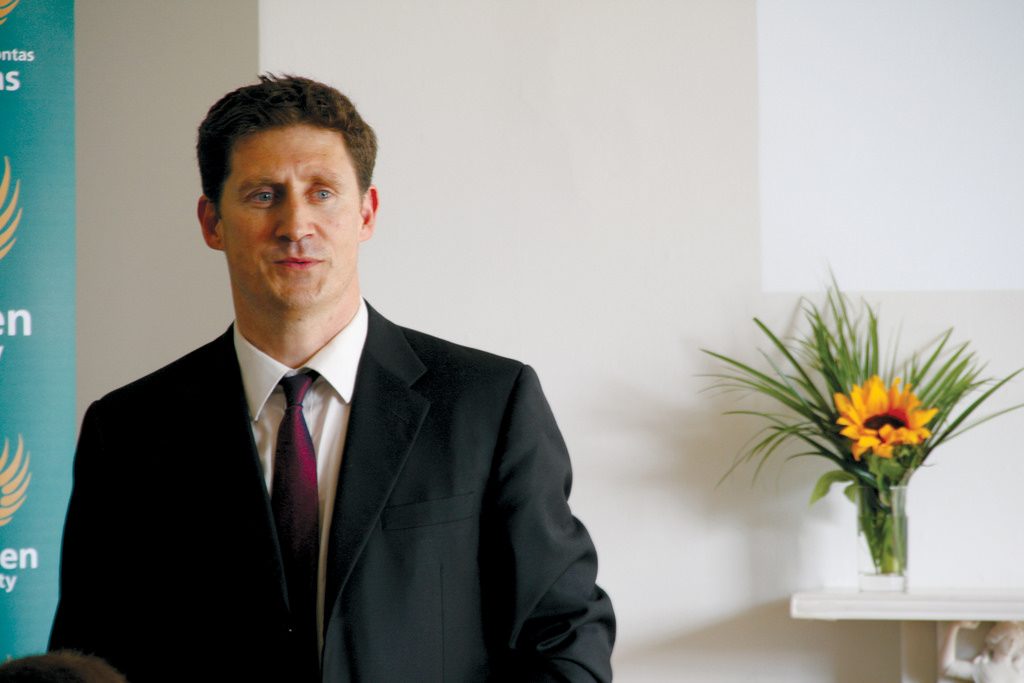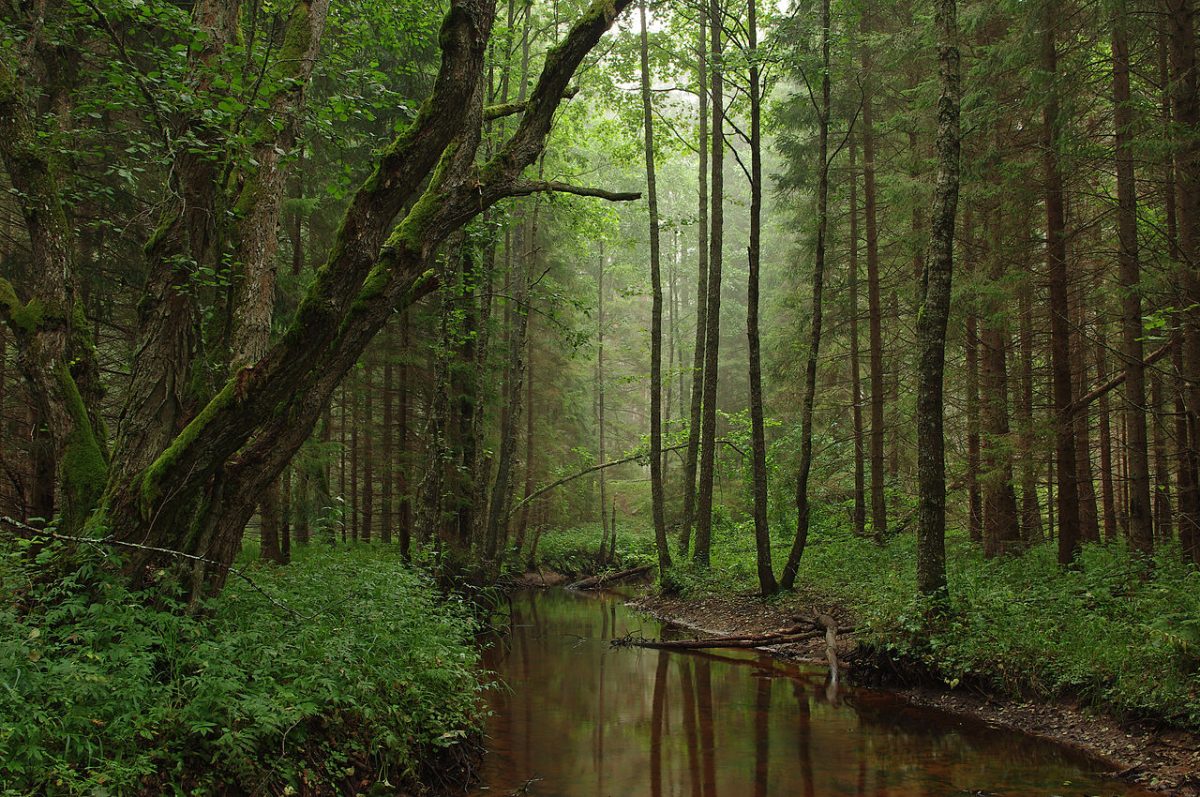State spends €120m since 2007 on carbon credits to plug emissions gap

November 22nd, 2018
Ireland will have to resume the purchase of emissions allowances and renewable credits as we are “far off course” to meet our 2020 target, the Minister for Climate Action has said.
Richard Bruton said yesterday that Ireland will fail to meet our 2020 target of reducing emissions by 20 per cent below 2005 levels.
Current projections, he said, indicate that we are likely to also achieve a one per cent reduction, leaving us 95 per cent off target.
In order to close this gap, Mr Bruton said that Ireland will need to spend between €6m and €13m on carbon credits.
This will bring total State spending on emissions allowances and renewable credits up to around €120m since 2007.
Emissions and economy
In a rare concession from the Government, Mr Bruton attributed the fall in emissions in the years following the 2008 economic crash to a “huge fall in output” during the recession.
“Once economic growth resumed, the growth in carbon resumed with it, highlighting the very significant structural issues which still exist within the economy in terms of reliance on carbon,” he said.
He said that it has “never been more clear” that we need a change across government, starting an all of Government plan to set out actions for every government department and body.
Increasing carbon taxes, currently at €20 per tonne, will also have a “strong role to play”, Mr Bruton said, with the Government set to outline a trajectory for increasing the tax between now and 2030.
The Government was recently criticised by activists and its own expert climate advisory body for pulling a last-minute U-turn to increase the tax to €30 per tonne in Budget 2019.

Eamon Ryan said that the Government trying to dodge “fair targets for 2030” Photo: Green Party
Carbon Tax
Green Party leader Eamon Ryan TD yesterday asked the Taoiseach to agree to a concrete increase in the tax by €20 per tonne in the next budget and €5 per tonne in every subsequent year up to 2030.
The increased revenue from the tax should be returned back to the people of Ireland through tax rebates, social welfare payments, direct payments, or a combination of measures, Mr Ryan said.
He said that the net effect for the public of a “carbon cashback” would be to benefit people on low incomes as they tend to use more energy.
Last week, the Joint Committee on Climate Action agreed to a request from Green Party Senator Grace O’Sullivan to ask the Department of Finance for details on the practicalities of such a scheme.
Chair of the Committee, Hildegarde Naughton, said that it will outline a roadmap towards carbon pricing in January 2019.
She said, however, that heat and power generation alternatives are needed before the Government will introduce carbon taxation of €80 to €90 per ton by 2030.
Ms Naughton said: “We cannot force people into fuel poverty by introducing a significant price of carbon increase where no alternatives to fossil fuels are available.
“There needs to be a substantial increase in alternative forms of heat and power generation before we could introduce such a large tax increase.”

Climaet economist Joseph Curtin supports calls for higher carbon tax Photo: Niall Sargent
Carbon tax bump essential
The Climate Change Advisory Council has recommended that the tax is bumped up to €30 per tonne as an “essential component” in achieving a low-carbon transition by mid-century.
The Environmental Pillar proposed that the new rate of carbon tax should start at €70 in 2019 and then rise by a further €5 a year.
Half of the revenue should go directly to the people of Ireland in a carbon dividend shared to every adult, the environmental coalition said.
The other half, the Pillar proposal states, should go into a fund to protect workers and communities in the move away from peat and coal, as well as funding energy-saving measures such as retrofitting.
A new analysis released by the Economic and Social Research Institute (ESRI) this week found that neither proposal goes far enough.
The think tank said that the tax will need to rise to at least €300 by 2030 if we are to stand a chance of hitting out climate targets and avoid looming EU fines.
[x_author title=”About the Author”]







